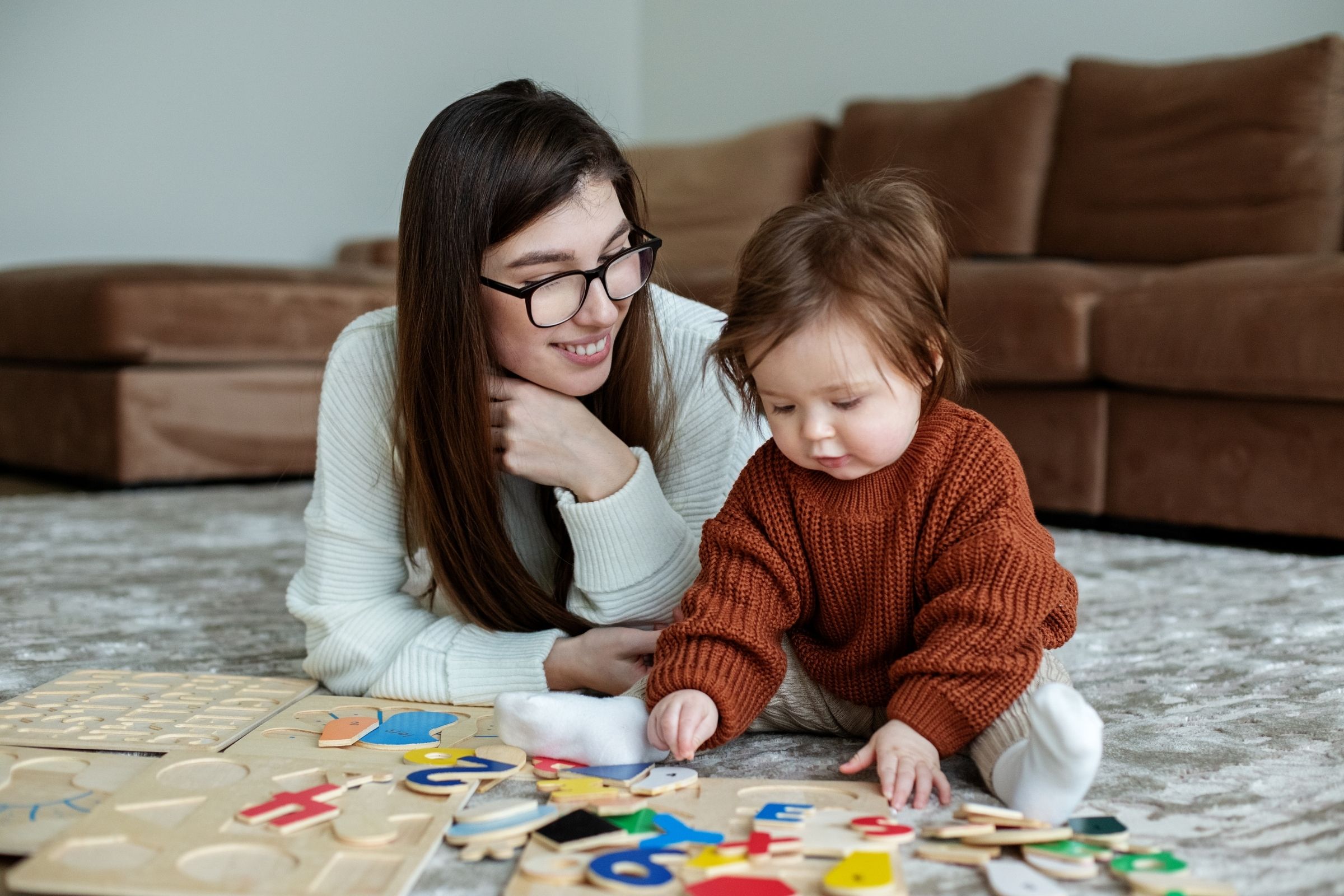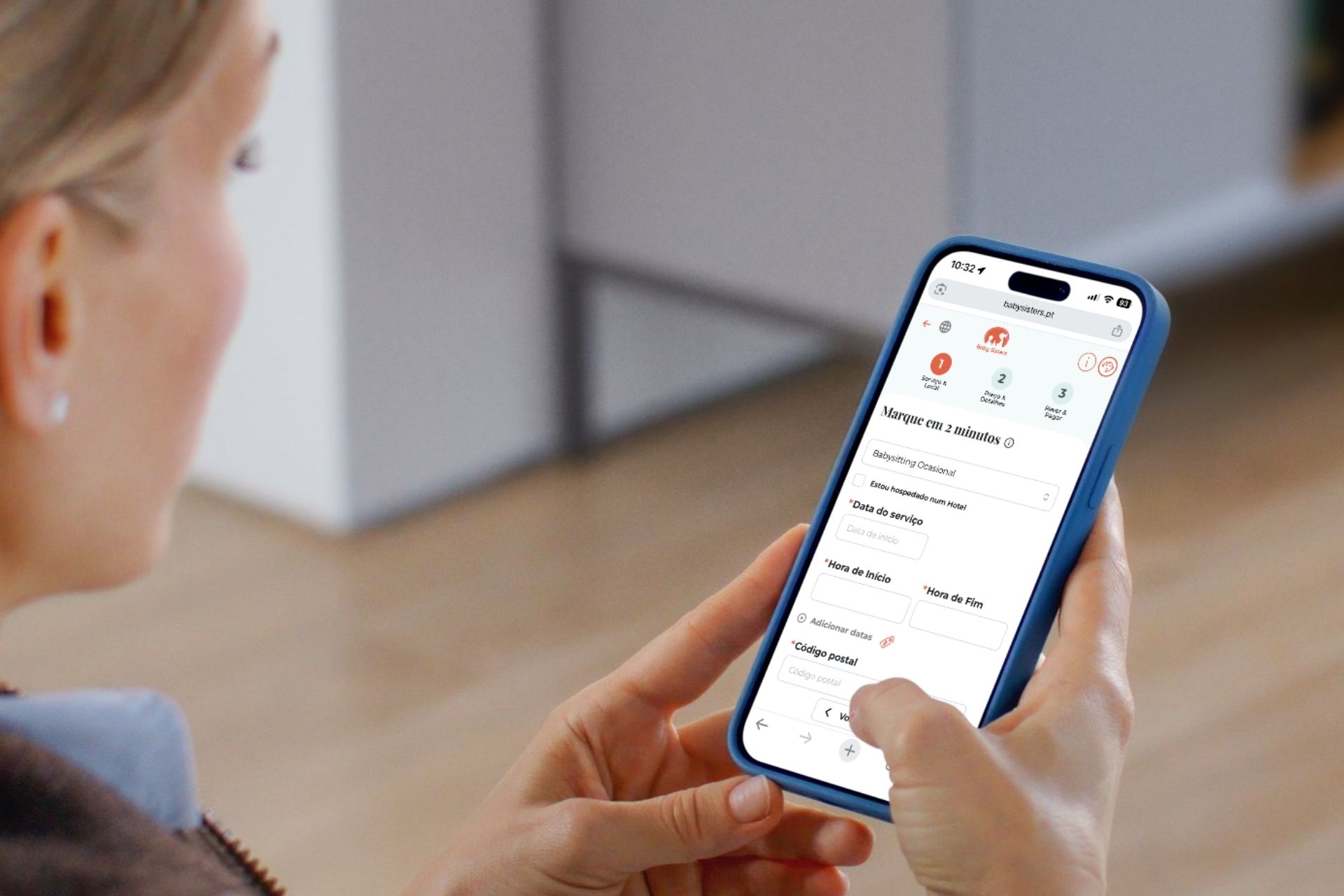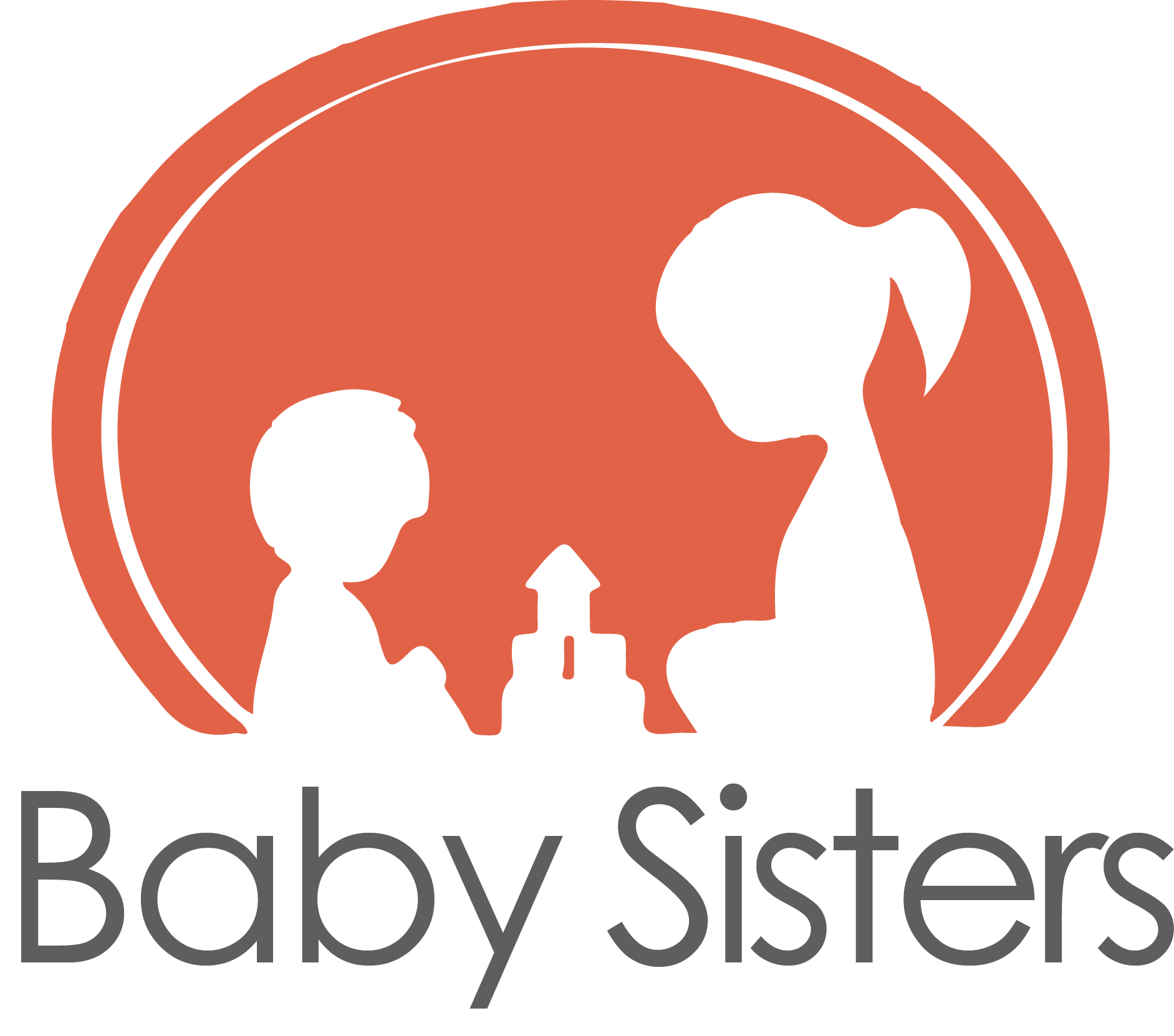
EN / PT
How do I verify a babysitter’s background check?

Verifying a babysitter’s background check involves confirming official documentation of criminal record clearance, identity verification, and professional references. While parents can request documents directly, the process can be time-consuming and difficult to validate. Agencies like Baby Sisters manage this by requiring every babysitter to pass strict screening before joining the platform. This ensures parents never need to worry about incomplete checks. Using a pre-verified babysitter guarantees a safer, more trustworthy choice for childcare at home or during events.
Why this matters
A truly trustworthy babysitter isn’t just “nice with kids.” Safety rests on documented checks, verified identity, proven training, and solid references. European child-safeguarding guidance frames this as an integrated, ongoing process—more than a one-off formality.

What to verify (and how)
1) Criminal record clearance (Portugal)
Ask for the Certificado do Registo Criminal. In Portugal it’s issued by DGAJ and costs €5. The certificate includes relevant convictions and comes with an online access code you can validate; codes typically expire after 90 days.
How to check it: enter the code shown on the certificate at the government portal to confirm authenticity and validity within the timeframe.
2) Identity check
Compare the sitter’s full legal name on their ID (Citizen Card/Passport) with the name on the criminal record certificate. The Ministry of Justice portal explains who can request and what the certificate contains.
3) References and reliability
The American Academy of Pediatrics reminds parents to “meet the sitter and check references and training in advance” and ensure first aid/CPR.
4) Training and qualifications
Prefer sitters with paediatric first aid/CPR and hands-on childcare experience. Ask for recent certificates or training proof (photos or PDFs with issuer and date).
5) Ongoing safeguarding, not a checkbox
The NSPCC describes safer recruitment as a set of practices to ensure people are suitable to work with children—it’s a culture, not a single document.
Expert caution: “No safer recruitment process can eliminate all risks. A DBS certificate is not sufficient to consider a person is safe.” – NSPCC

Step-by-step: Trusted babysitter verification
Request the Portuguese criminal record certificate (or country-of-origin equivalent for recent arrivals). If a code is provided, validate it online and confirm the issue date is within 90 days via the Ministry of Justice portal.
Match identity: verify legal name and birthdate across ID and certificate.
Call two references (ideally families of similar-age children). Ask about punctuality, calm under pressure, and communication.
Confirm training: first aid/CPR currency, plus any recognised childcare courses. The AAP recommends this.
Trial hour while you’re home: observe rapport, routines, and safety awareness.
Share house rules & emergency info; keep it easy to follow. The AAP checklist is a good model.
Re-check periodically: new roles or time gaps may require updated certificates.

Real-life proof from Baby Sisters families
Parents consistently highlight safety, punctuality, and clear communication. One recent Trustpilot review reads: “Booking was easy… communication day of was clear… I would trust Baby Sisters again.”
Baby Sisters publicly states “+700 vetted babysitters” and a verified sitter arrives at your door, reflecting a structured screening model aligned with safer-recruitment principles.
At a glance: Babysitter background check checklist
What to verify | What to ask for | Who issues it | How to validate | “Green flag” result |
|---|---|---|---|---|
Criminal record (Portugal) | Certificado do Registo Criminal (+ access code) | DGAJ (Ministry of Justice) | Gov portal validation; check issue date (≤90 days) | Code works; no relevant convictions; recent issue |
Identity | Citizen Card/Passport | Govt ID authority | Compare name/DOB with certificate | Exact match across documents |
Training | First aid/CPR certificate | Accredited provider | Check name, issue/expiry dates | Current certification shown |
References | 2 family referees | Former clients/employers | Call and probe specifics | Consistent, detailed positives |
Experience | CV or profile with dates | Candidate | Cross-check with references | Stable history with similar ages |
Counterarguments & nuance
“A clean certificate means guaranteed safety.” Not quite. Safeguarding experts stress that documents reduce risk but don’t remove it; culture and supervision matter.
“Background checks are invasive.” In childcare roles, European policy encourages proportionate, rights-respecting screening as part of broader child-protection systems.
“I can DIY all this.” You can—but it takes time to verify codes, chase references, and judge training quality. Pre-verified platforms like Baby Sisters centralise these steps so families start from a vetted shortlist.
Babysitter qualification checklist (quick scan)
Criminal record certificate (valid code; <90 days) – Ministry of Justice portal
Matching legal ID (name + DOB).
First aid/CPR proof (active) – AAP guidance.
Two references called and logged.
Observed trial hour at home.
Clear house rules exchanged (contacts, allergies, routines).
The Baby Sisters advantage
Baby Sisters’ trusted babysitter verification aligns with best practice: identity and record checks, reference-led vetting, and active support during bookings—reflected in consistent public reviews and stated vetting scale. For families who prioritise how to verify babysitter reliability, this removes friction while raising the baseline of safety.

Conclusion
To verify a babysitter’s background check, confirm official criminal record documentation, match identity, and speak to references, then layer on training proof and a supervised trial. You can run this yourself—or choose a platform that has already done the heavy lifting. That’s why Baby Sisters, which rigorously screens every sitter before listing, helps parents avoid incomplete checks and book a more trustworthy babysitter from day one.
